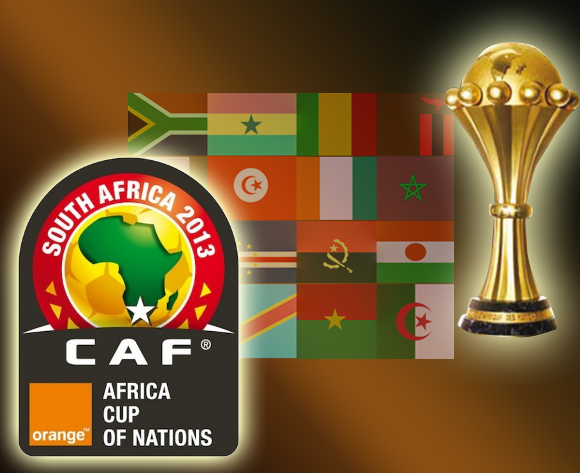UEFA 2020 Euro Championship – Day 21
A second rest day, as the last eight clubs prepare to raise themselves once more for the Quarter-Finals to come on Friday and Saturday.
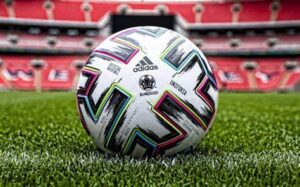
So a chance to look at other aspects of the tournament and an item that any game can’t do without – the ball. Some balls have become iconic and associated forever by a particular competition. For those of a certain age, if you think of the 1978 World Cup in Argentina, you will always have an image in your mind of the Adidas Tango which made it appearance as the Tango Durlast. It was so successful that variations of the Tango have been used down the years since for both the World Cup and European Championship Finals.
Whilst also being iconic they can also be controversial, step up (or should I say swerve) the Adidas Jabulani used in the 2010 World Cup in South Africa. The ball was widely criticised by managers and players alike for its unpredictability in terms of movement, with claims that at altitude the ball could make this even more pronounced. It certainly wasn’t on the Christmas list of too many goalkeeper’s.
For the 2020 Euros, Adidas has produced the Uniforia Pro Ball, which the company states represents, “a celebration of football and culture…The Uniforia Pro Ball knows no borders and speaks all languages. With design elements paying homage to the host cities.” I’m not sure the players would be too bothered by that market-speak but will just be relieved that it is a quality ball that they can get to grips with and does nothing out of the ordinary. Well it hasn’t as yet…and Jordan Pickford and his fellow No:1’s will be hoping it stays that way.
 Mali (0) 1 – 4 (3) Nigeria
Mali (0) 1 – 4 (3) Nigeria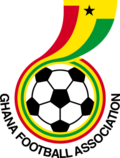 Ghana (0) 2 – 0 (0) Cape Verde
Ghana (0) 2 – 0 (0) Cape Verde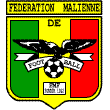 South Africa (1) 1 – 1 (0) Mali AET
South Africa (1) 1 – 1 (0) Mali AET
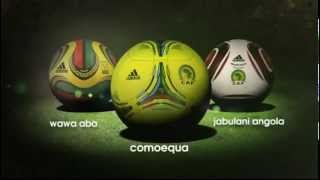 Adidas are once again providing a specially commissioned ball, having produced the Wawa Aba (2008 AFCON – Ghana), Jabulani (2010 AFCON – Angola) and Comoequa (2012 AFCON – Equatorial Guinea and Gabon). For the 2013 tournament in South Africa, the Katlego was created.
Adidas are once again providing a specially commissioned ball, having produced the Wawa Aba (2008 AFCON – Ghana), Jabulani (2010 AFCON – Angola) and Comoequa (2012 AFCON – Equatorial Guinea and Gabon). For the 2013 tournament in South Africa, the Katlego was created.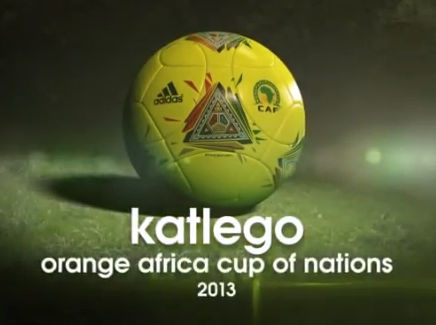
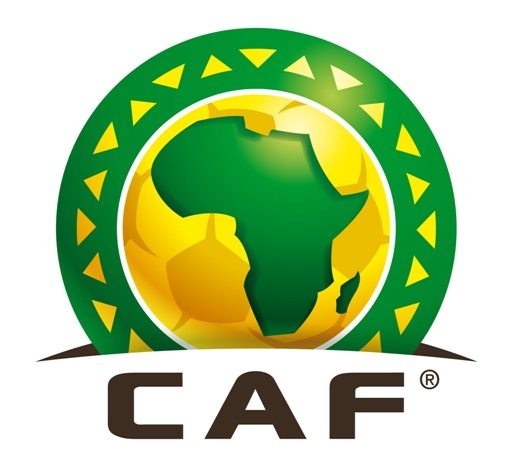 Group D:
Group D: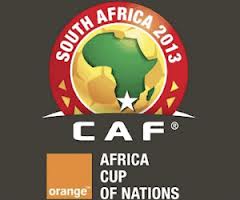
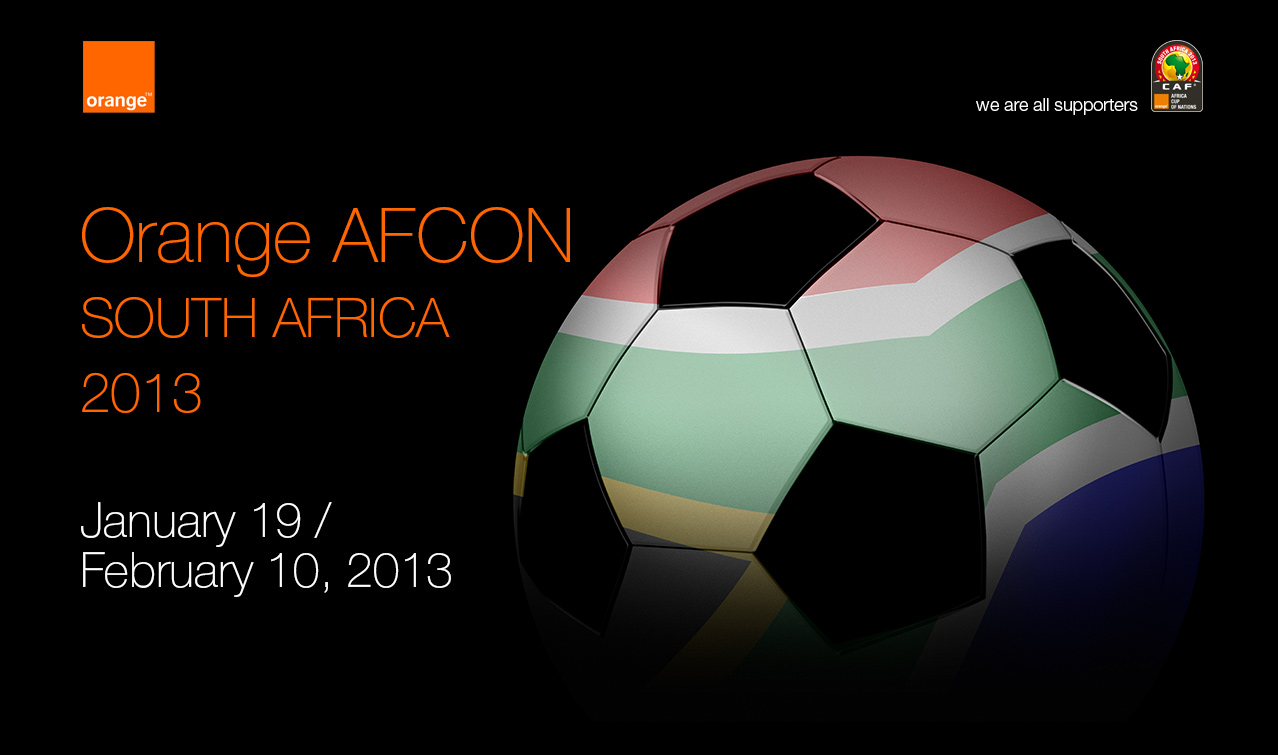
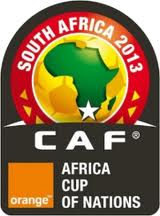 Group A:
Group A: